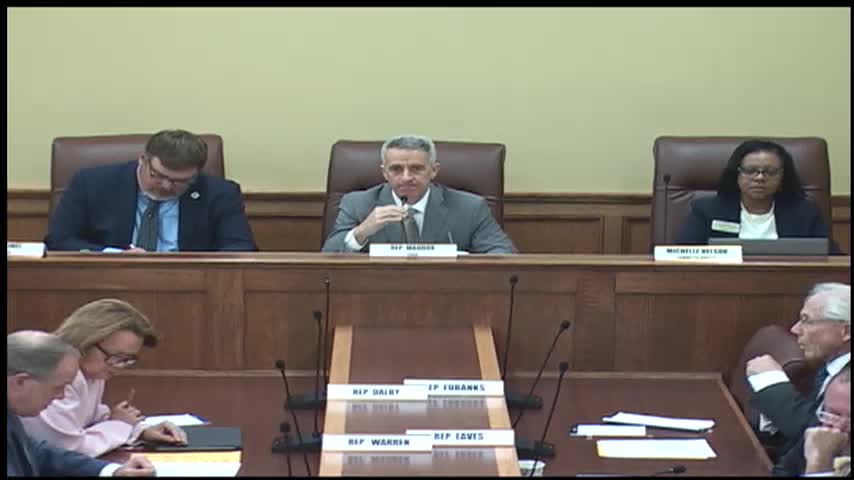Article not found
This article is no longer available. But don't worry—we've gathered other articles that discuss the same topic.
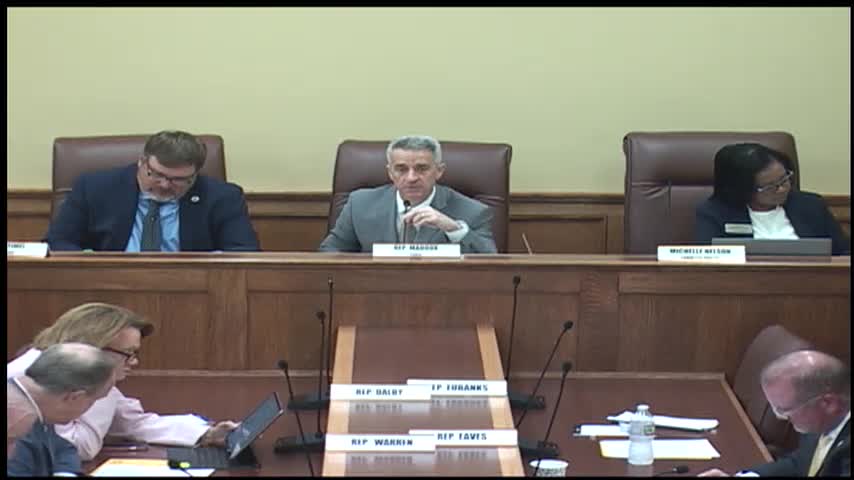
Committee advances bill clarifying pay for 'temporary hospitals' created during COVID-19
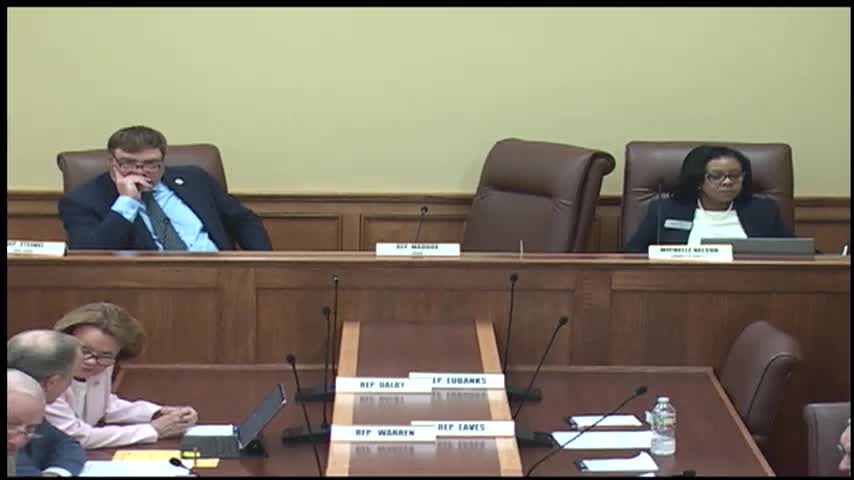
Committee rejects bill to override federal coal-closure orders after utilities warn of costly litigation
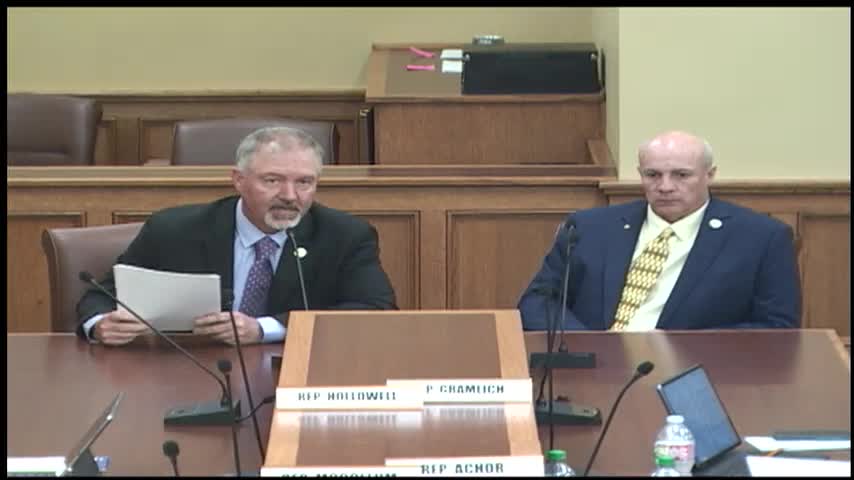
House committee approves statewide wind-energy rules after heated debate
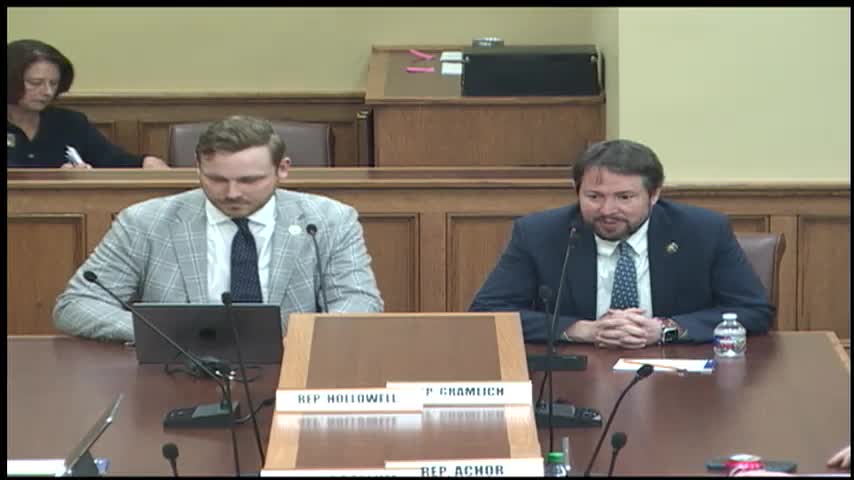
Panel backs bill letting pharmacies pursue private recovery from PBMs
